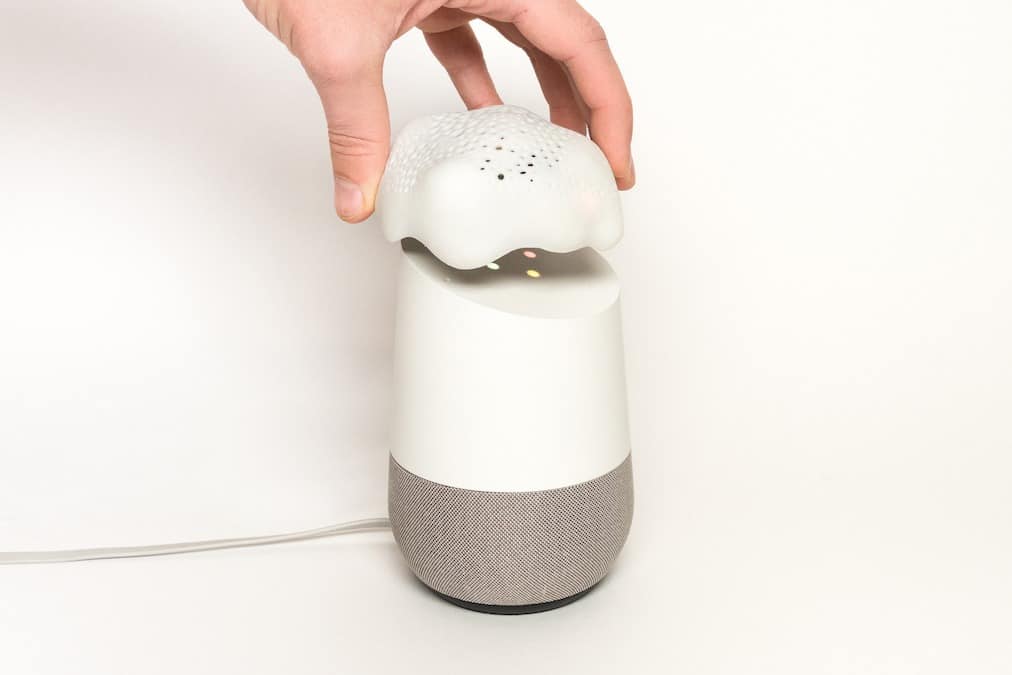by Martin Brinkmann on January 15, 2019 in Hardware – No comments
More and more households around the world make use of voice controlled devices for all kinds of purposes. Once set up in a location, these devices may provide answers to questions, control certain devices, set up reminders, or do other tasks when interacted with.
Google Home or Amazon Alexa devices record these conversations; Amazon Alexa users may play previous conversions on Amazon websites. The devices are configured to record conversions only when users interact with them. The past has shown, however, that bugs or other issues may cause devices to record more than they should or unintentionally put recordings into the hands of others.
Project Alias is an open source solution that deals with the potential issue of voice controlled devices recording audio when they should not.

Basically, what it does is block the microphone of voice controlled devices so that they cannot record anything. It uses white noise to block audio from reaching the assistant.
The device reacts to an activation word or phrase of its own, and when users use the word, deactivates the blocking of the microphone.
Even better, the wake sound is trained locally on the device, there is no need to interact with the cloud for that.
Project Alias is not available as a retail product at the time. It needs to be build from scratch using a Raspberry Pi as the core. Instructions on building the device are available on the project’s GitHub page and on Instructables.
The building requires access to a 3D Printer and soldering skills.
Closing Words
The “build yourself” nature of Project Alias limits the reach of the device significantly. Google Home or Amazon Echo device owners who want more privacy can use the device to block the microphone of the voice controlled devices by default.
Project Alias acts as a proxy and the device should appeal to privacy-conscious users who operate Amazon Echo or Google Home devices. It may look like an oxymoron to some, though.
Now You: Do you use voice controlled devices?